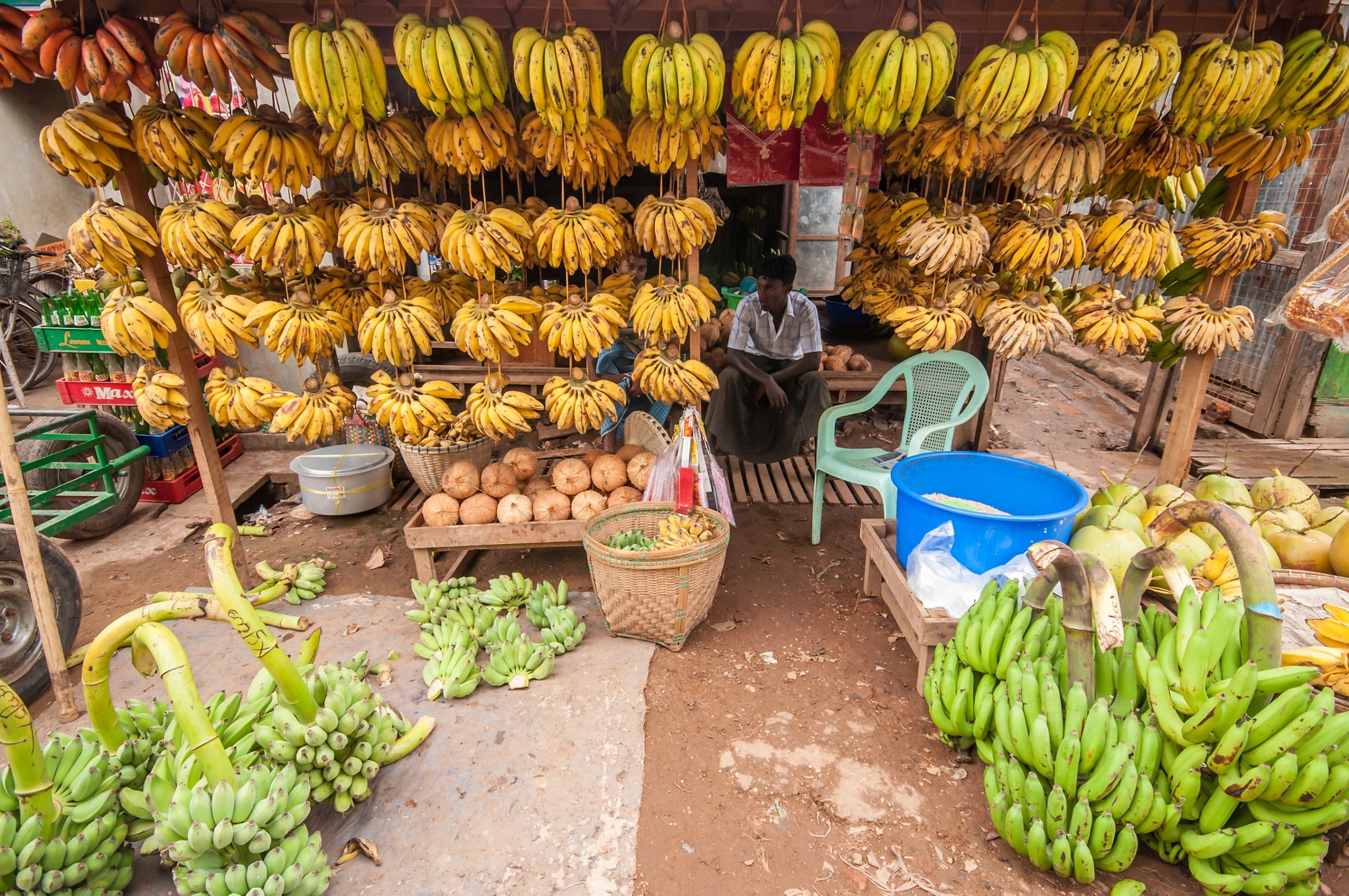Micro, small, and medium enterprises (MSMEs) dominate the private sector in most GEF countries, yet their environmental role has been overlooked. This evaluation is the first to examine how GEF engages them and what works. It assesses how MSMEs contribute to environmental, social, and economic outcomes and what limits their wider impact.
More than half the MSME projects effectively engaged private sector actors and generated environmental, social, and economic benefits.

Evaluation overview
- Stronger outcomes occurred when GEF positioned MSMEs as partners—providing training, incentives, and technologies, and working with local organizations to sustain adoption after project closure.
- Engagement often fell short when GEF projects involved MSMEs only as beneficiaries, with limited financing, weak business models, or no follow-up support for scaling practices.
- The report recommends tailoring support to MSME contexts through low-cost solutions, facilitating reforms to improve access to finance and resources, partnering with local institutions for long-term engagement, and embedding monitoring of social and economic outcomes alongside environmental ones.
Methodology
The evaluation draws on portfolio reviews, case studies including artisanal gold mining, and interviews with stakeholders across multiple sectors and countries.






